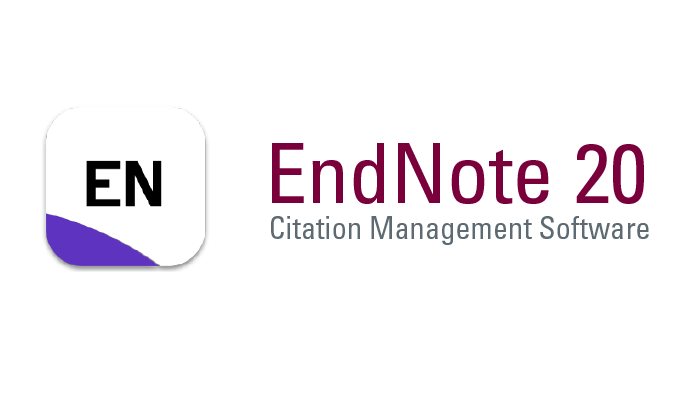PERAN GURU PADA TRANSFORMASI PENDIDIKAN DALAM MENYONGSONG GENERASI EMAS 2045
DOI:
https://doi.org/10.47887/amd.v4i2.132Keywords:
guru, transformasi pendidikan, generasi emas 2045Abstract
This research investigates the pivotal role of teachers in the transformative journey of education, aiming to shape the Golden Generation of 2045. The study focuses on the qualitative methodology to delve into the multifaceted aspects of this transformative process. The primary objective is to explore how teachers contribute to reshaping the educational landscape to meet the evolving needs of future generations. This research adopts a descriptive qualitative approach as a strategy to unveil new meanings, elucidate a particular condition, determine the frequency of occurrences, and categorize information. In processing the data, the researcher systematically analyzes and presents facts, facilitating understanding and drawing conclusions. The data collection method employed is a literature review, wherein the researcher accesses diverse information sources through online libraries, including books, journals, and other relevant references. Our findings highlight that teachers play a central role in not only imparting knowledge but also fostering critical thinking, creativity, and adaptability among students. The study reveals that innovative teaching methods, professional development initiatives, and a supportive educational ecosystem are crucial in preparing students for the challenges and opportunities of the future. As we anticipate the Golden Generation of 2045, this research underscores the importance of continuous collaboration between educators, policymakers, and stakeholders to create an environment that nurtures the holistic development of students. The insights from this study contribute to the ongoing discourse on educational transformation and serve as a guide for shaping pedagogical practices aligned with the aspirations of the next generation.
References
Arif, M, I B Mulyadi, dan N Hudah. 2020a. “Madrasah Ibtidaiyah Transformation Based on Pesantren in the Era of Industrial Revolution 4.0.” … Education Journal 57: 420–35. http://www.psychologyandeducation.net/pae/index.php/pae/article/view/759.
Arif, M, I B Mulyadi, dan N Hudah. 2020b. “Madrasah Ibtidaiyah Transformation Based on Pesantren in the Era of Industrial Revolution 4.0.” Psychology and …. http://www.psychologyandeducation.net/pae/index.php/pae/article/view/759.
Dongoran, Faisal R. 2014. “Paradigma Membangun Generasi Emas 2045 dalam Perspektif Filsafat Pendidikan.” Jurnal Tabularasa PPS UNIMED 11(1): 61–76. http://jurnal.unimed.ac.id/2012/index.php/tabularasa/article/view/3336.
LUBIS, ADLAN FAUZI. 2015. “Hidden Curriculum dan Pembentukan Karakter.” 2015: 1–239.
Parwati, N N. 2020. “Jenis-jenis Kearifan Lokal Bali sebagai Sumber Belajar dalam Pengembangan Model Pembelajaran berorientasi Karakter Positif Siswa.” Seminar Nasional Riset Inovatif. https://eproceeding.undiksha.ac.id/index.php/senari/article/view/2150.
Suharjo, Susmita. 2023. “Kebijakan Kurikulum Merdeka Belajar Kampus Merdeka Sebagai Penyongsong Indonesia Emas Tahun 2045.” : 1068–78.
Utami, Dewi, dan Deby Fauzi Asidiqi. 2023. “INTEGRASI TEKNOLOGI DALAM PEMBELAJARAN IPS SD PADA ERA DISRUPSI ABAD 21.” 7(1): 23–30.
Wb, A W. 2012. “Memantapkan Karakter Bangsa Menuju Generasi 2045.” Digilib.Unimed.Ac.Id. http://digilib.unimed.ac.id/id/eprint/30784.
Wena, I M. 2020. “… BERORIENTASI HOTS (HIGHER ORDER THINKING SKILL) DI ERA REVOLUSI INDUSTRI 4.0 UNTUK MEWUJUDKAN GENERASI INDONESIA EMAS 2045.” … Mahasaraswati Seminar Nasional Pendidikan …. http://e-journal.unmas.ac.id/index.php/Prosemnaspmatematika/article/view/892.
Wena, I Made. 2020. “Pembelajaran Berorientasi HOTS (Higher Order Thinking Skill) di Era Revolusi Industri 4.0 Untuk Mewujudkan Generasi Indonesia Emas 2045.” Mahasaraswati Seminar Nasional Pendidikan Matematika (MAHASENDIKA): 15–25.
Downloads
Published
How to Cite
Issue
Section
License
Copyright (c) 2023 Liza Savira

This work is licensed under a Creative Commons Attribution-ShareAlike 4.0 International License.
Authors retain copyright and grant the journal right of first publication and this work is licensed under a Creative Commons Attribution-ShareAlike 4.0 that allows others to share the work with an acknowledgement of the works authorship and initial publication in this journal.
All articles in this journal may be disseminated by listing valid sources and the title of the article should not be omitted. The content of the article is liable to the author.
Authors are able to enter into separate, additional contractual arrangements for the non-exclusive distribution of the journal's published version of the work (e.g., post it to an institutional repository or publish it in a book), with an acknowledgment of its initial publication in this journal.
Authors are permitted and encouraged to post their work online (e.g., in institutional repositories or on their website) prior to and during the submission process, as it can lead to productive exchanges, as well as earlier and greater citation of published work.
In the dissemination of articles by the author must declare the Al-Madaris Jurnal Pendidikan dan Studi Keislaman as the first party to publish the article.














